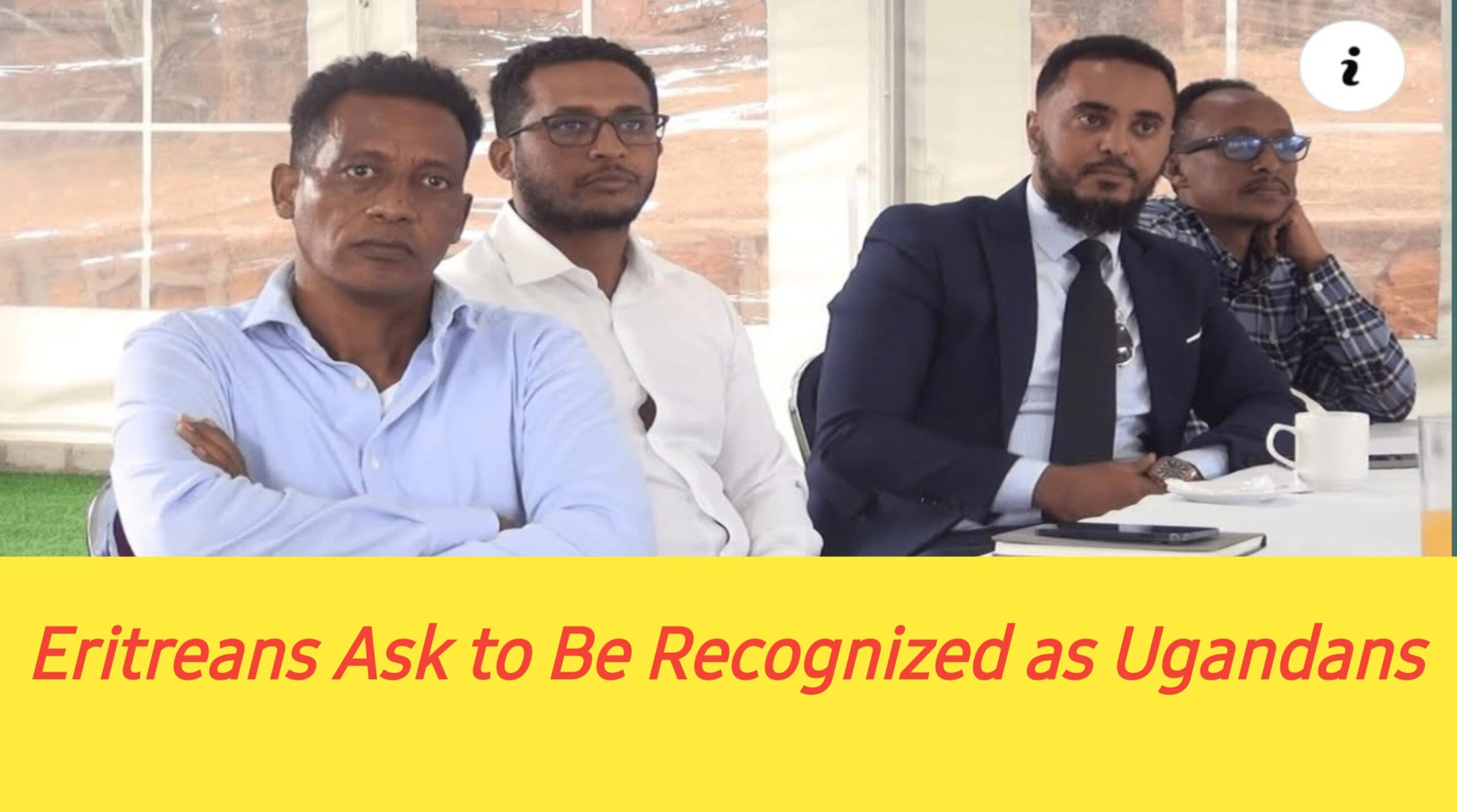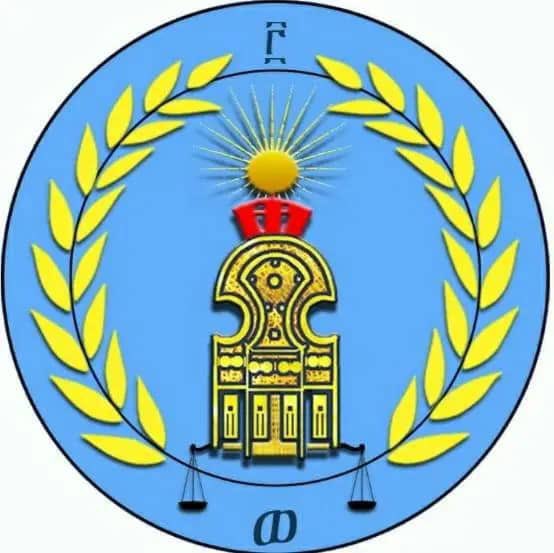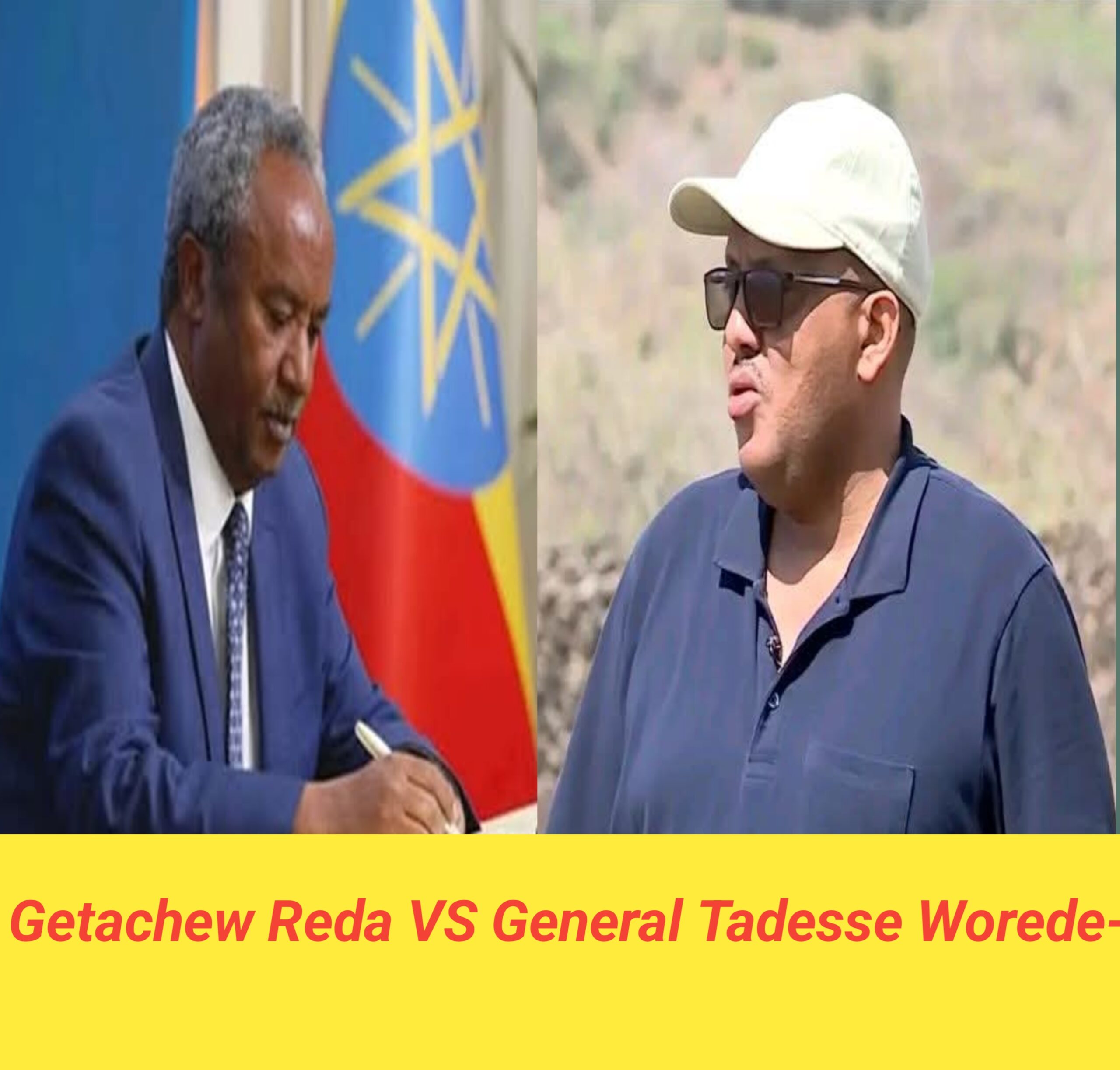Mekelle፡Telaviv, Nairobi, Pretoria, London, (Horn News Hub).
Eritrean Refugee Children Call Uganda Home as Communities Seek Recognition
Ten years ago, an Eritrean father living in Kampala took his children to visit their grandmother in Asmara. After two weeks in the Eritrean capital, the children confessed they missed home. Their grandmother, who did not speak English, asked what they meant. When the father translated, she was stunned. “But this is your home,” she told them. “Eritrea is your home.” The children shook their heads and replied firmly: “No, our home is Uganda.”
That exchange, the father says, revealed both the pain of exile and a generational shift: a new Eritrean diaspora that sees Uganda not Eritrea as home.
For more than three decades, Eritrea has been ruled under the iron grip of President Isayas Afeworki, widely described as one of the world’s most authoritarian regimes. With no functioning constitution, no independent press, and indefinite military conscription, tens of thousands have fled. Human rights groups document torture, arbitrary detention, and enforced disappearances, leaving little hope for safe return.
Uganda, already host to one of Africa’s largest refugee populations, has become an anchor for Eritrean exiles. In Kampala and towns such as Jinja, Mbale, and Arua, Eritreans have built strong community structures and formal institutions to sustain life in exile.
The Eritrean Community Association in Uganda (ECAU) helps new arrivals settle, provides language support, and mediates with local authorities. Orthodox and Catholic congregations run churches that double as spiritual and social hubs. On the economic front, the Eritrean Business Forum brings together restaurant owners, traders, and transport operators to strengthen cooperation and reinvestment. These institutions both preserve Eritrean identity and root the community more deeply in Uganda.
Eritreans have also become vital contributors to Uganda’s urban economy running restaurants, cafes, import-export shops, and construction businesses, and creating jobs in hospitality and transport. Refugees say their choice of Uganda is not accidental: the country has been stable for more than four decades, offering security and opportunity. Some Eritreans who once lived in the United States, Europe, or Canada are even returning to Kampala to invest, drawn by Uganda’s stability and welcoming environment.
Yet despite their resilience and contributions, Eritreans remain in limbo. Refugee status offers temporary protection but not the rights of citizenship. Without recognition as Ugandans, many cannot access land ownership, higher education opportunities, or long-term security.
Community leaders say naturalization would be both a humanitarian necessity and a pragmatic choice for Uganda. “We are not asking for charity, we are asking for belonging,” said one refugee advocate. “We fled dictatorship. We have invested here. Our children grew up here. Uganda is our home.”
As long as Eritrea remains under authoritarian rule, analysts warn, the flow of exiles will continue. For Eritreans in Uganda, the hope is simple but profound: that their adopted country will one day embrace them fully, allowing them to live not as perpetual refugees but as Ugandans contributing to a shared future.






